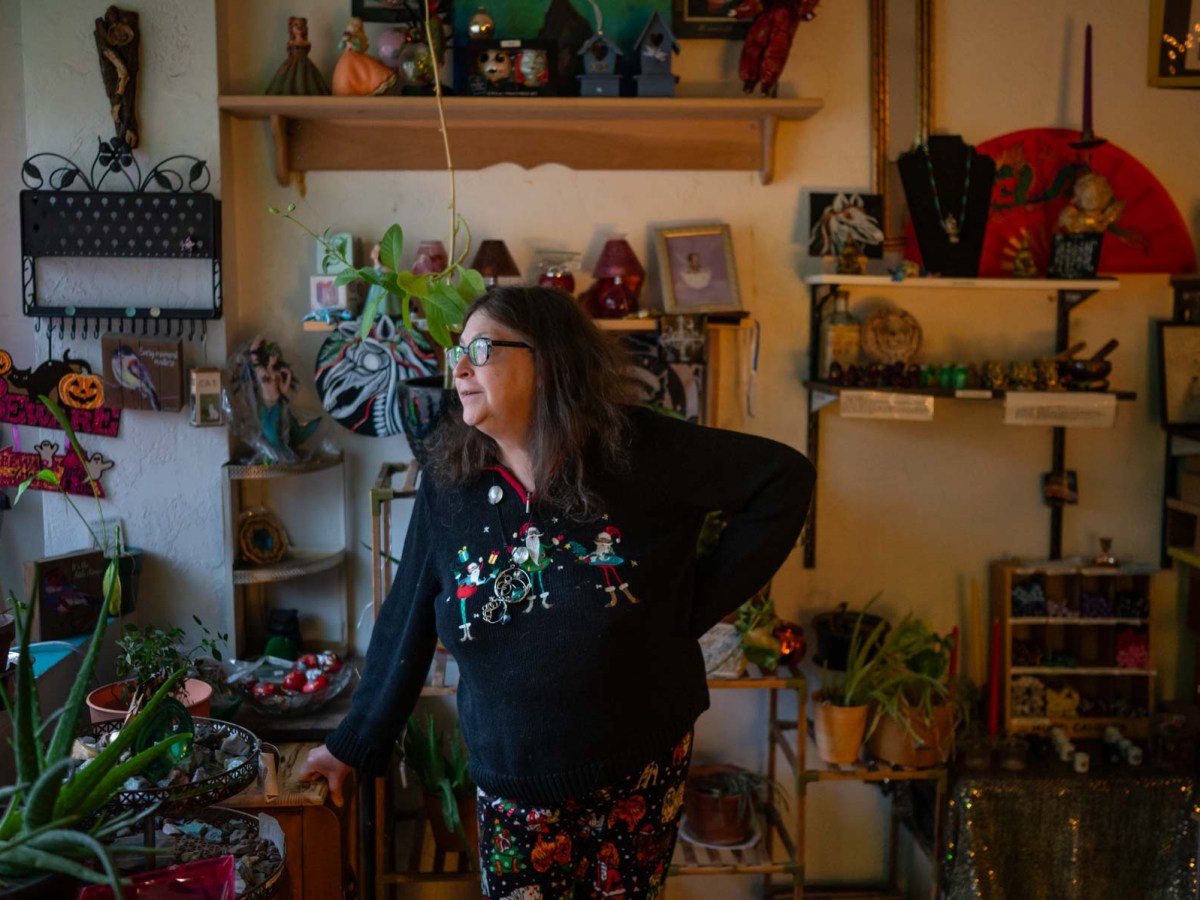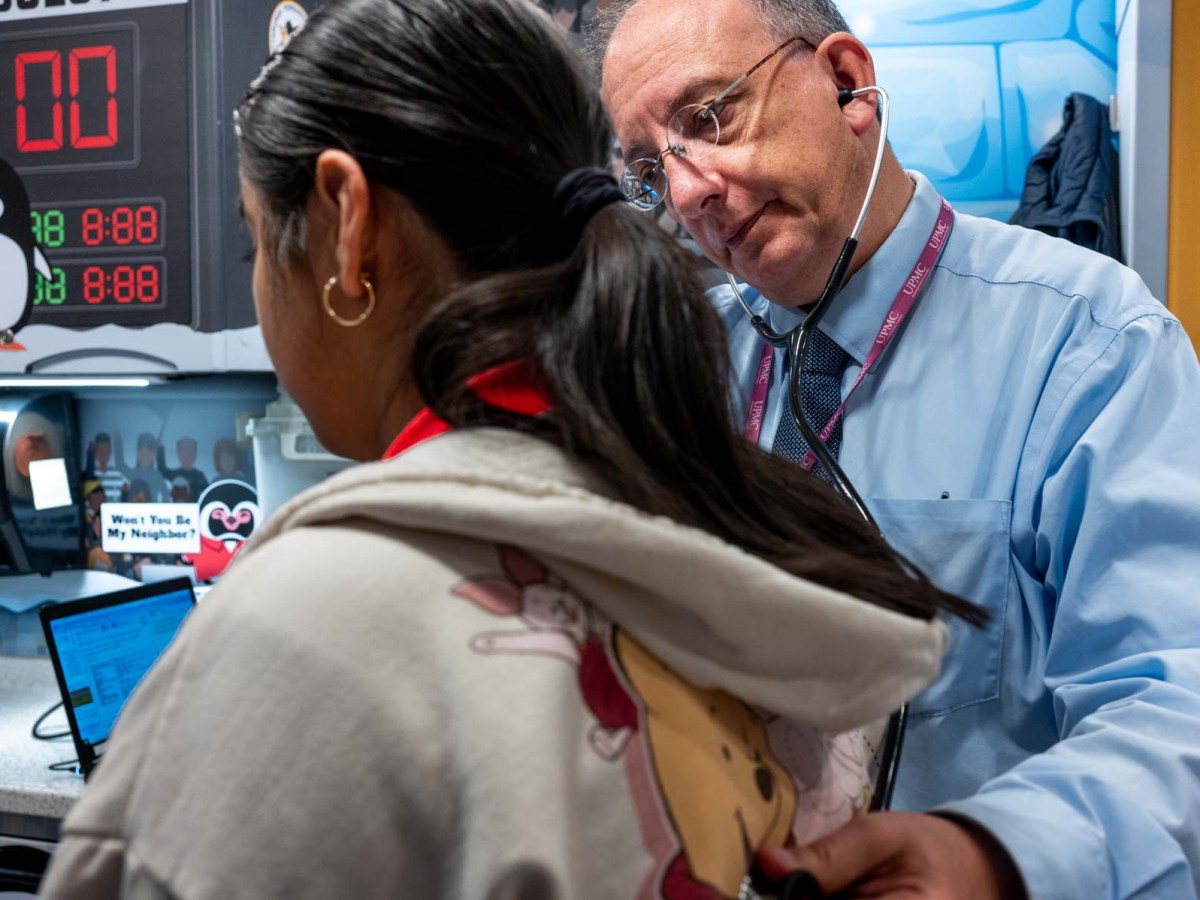Pittsburgh leaders have said for years that they hope to grow the city’s population in part by attracting immigrants. In Beechview, where census counts showed the Hispanic and Latino population climbed by 75% between 2010 and 2020, local leaders are seeing the benefits and grappling with how to engage a more diverse population.
Beechview Points of Pride
PublicSource maps and chronicles the strengths of diverse communities
“They’ve been nothing but a huge asset to this district and to that neighborhood,” said City Councilor Anthony Coghill, who lives in Beechview and represents it and other South Pittsburgh neighborhoods. “They’re bringing money into our local economy. They’ve brought a lot of life back into a neighborhood that was kind of suffering.”
Latinos represented 10% of Beechview’s 2020 census population, which is far more than in the city overall (4%) or the county (3%), but still makes them a minority in a predominantly white neighborhood.
Monica Ruiz, executive director of community resource center Casa San José, said most Beechview Latinos are recent arrivals to the United States — meaning they can’t vote and may struggle to interface with government officials and access resources. She said many fear government because of their experience with authorities in their countries of origin.
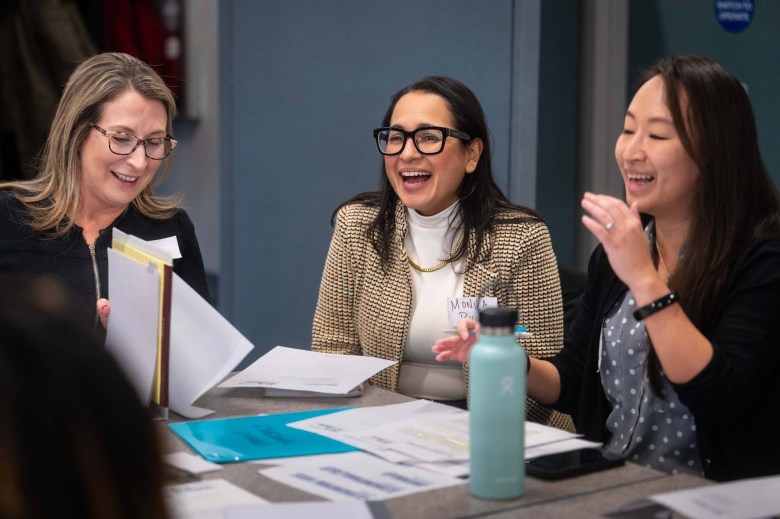
“Many of them are fleeing because of what government looks like there,” Ruiz said. “And so there is a valid fear.”
Coghill said he has taken a passive approach to engaging with the Latino community because he does not want to make anyone feel threatened.
Lea esta historia en español.: Inmigrantes latinos reforman Beechview pero les falta poder electoral – por ahora
“I have not engaged them like I should,” Coghill said. “ … I guess I don’t feel like there is the want on their side. So I don’t want to force myself on somebody. Whether they or someone they know doesn’t quite have the paperwork to be here, I don’t want to scare anybody.”
Coghill has been active, though, in engaging organizations like Casa San José and the Pittsburgh Hispanic Development Corporation, and Ruiz said his efforts have not gone unnoticed.
“It’s people like him who are white Pittsburghers who have been here for generations who people might look at and feel intimidated to speak to him. But he has really made himself available and I’m thankful to him.”
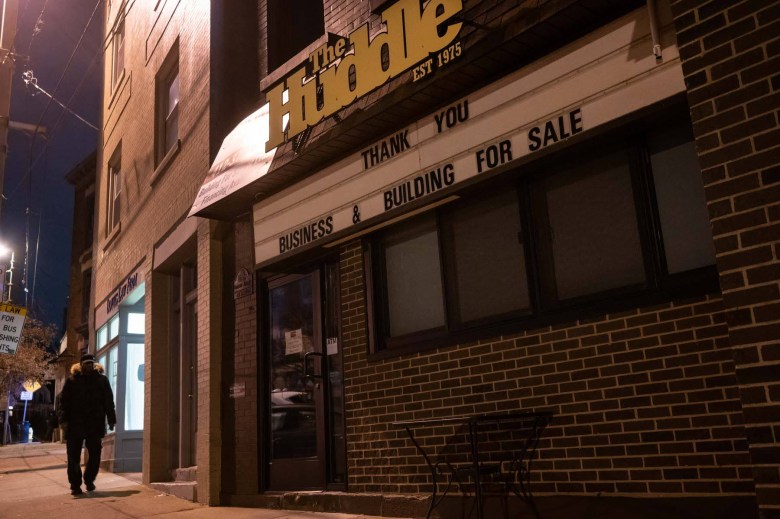
New political flavor
Some recent changes in Beechview’s restaurant scene are emblematic of the neighborhood’s political and demographic shifts, and not just metaphorically. Gone is the longtime American spot The Huddle, while the neighborhood’s main drag is dotted with establishments like Chicken Latino and El Paisano.
But there’s more to it: The Huddle, which served burgers and steaks with free popcorn on Broadway Avenue for 47 years until this summer, was owned by Pete Wagner, a symbol of a political culture that is all but unrecognizable now.
Explore more Beechview Points of Pride stories
Wagner chaired the 19th Ward Democratic Committee for decades, at a time when the party’s endorsement was vital to candidates’ electoral chances, and committee members felt immense pressure to support the choice of their ward chair. That made Wagner a power broker and his restaurant was where decisions were made.
Coghill recalled going to see Wagner at The Huddle to make his case to run for City Council. Eventually, after enjoying Wagner’s support and later losing it, Coghill said he decided to take on the system. In 2010 he challenged Wagner for ward chair and lost. But in 2014 Coghill drove Wagner from the post and brought about a new order: He would not pressure committee members to vote a certain way and said he encouraged free thinking when it came to endorsing primary candidates.

Since that 2014 revolution, much of the city and county has been swept by progressive reform. Powerful committee members (Coghill called them “warlords”) are a thing of the past. Committee-endorsed candidates have lost primaries from time to time. Wagner told news outlets this summer he closed the Huddle so he could retire.
Bob Hillen, the Republican committee chair for the 4th Council District, which includes Beechview, said his party has tried to engage and recruit the Latino community without success.
Hillen, who lives in Beechview, praised Coghill’s advocacy for the area but said longtime residents feel left out of their own neighborhood.
“A lot of local businesses went away,” said Hillen, a painter by trade and former city council candidate. “Mostly every business we have now is Mexican restaurants, Latin businesses. We kind of lost our grocery store, even though it’s still there, it’s mostly used by immigrants to transfer money out of the country.”
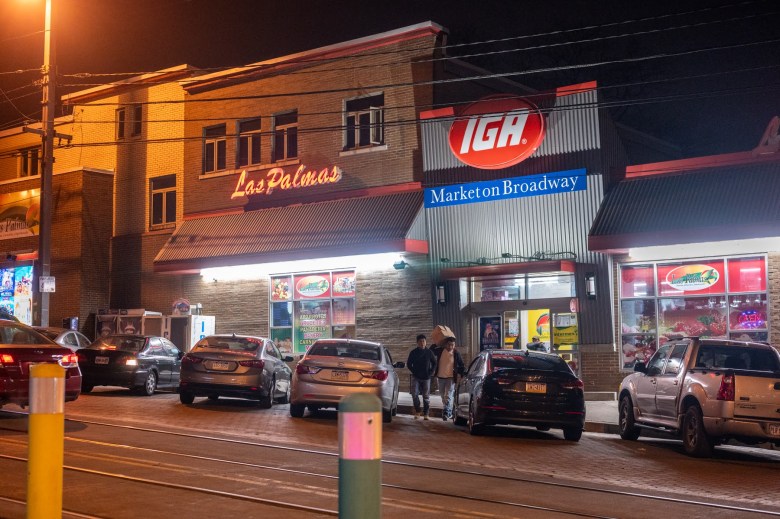
Not voters, but not forgotten
The local Democratic Committee has become “more reflective of the actual voters,” according to committee member Darrin Tidrick. “There’s not the same deference to the ‘We’re just going to do whatever we’re told.’”
But the committee does not reflect the burgeoning Latino community, according to the current ward chair, Tony Griffith. This is partly explained by the fact that many members are ineligible to vote.
While the national narrative around Latino voters focuses on who they will support in federal elections, Ruiz is focused on simply getting new arrivals to open up to their neighbors.
“They aren’t eligible to vote but that doesn’t mean they can’t be politically involved,” Ruiz said. “We’ve worked with people to try to help them to tell their story to their neighbors, their bosses, the people that can vote. So that they can help people understand that we aren’t one-issue voters.”
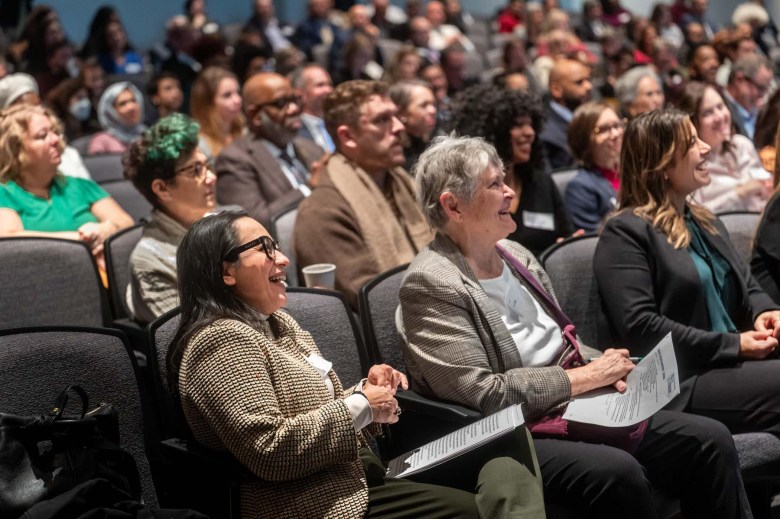
She praised politicians including Coghill and state Rep. Jessica Benham, D-South Side, for showing up to community events and not ignoring people who can’t vote.
“Many of them have come here because they want to stay here and are on the path to citizenship,” Ruiz said. “And so eventually they will become voters, and ignoring them is probably not the right thing to do. It will be interesting to see what our voting bloc will look like in the next five to 10 years.”
And though many of Beechview’s Latinos can’t vote, Ruiz, a resident of neighboring Brookline,was recently named to a prominent post in county politics. County Executive-elect Sara Innamorato appointed her as a co-chair of her transition committee, which will shape the new county administration set to take over in January.
“We’re talking about strategies to make sure that all voices are included,” Ruiz said of her work with the transition.
Charlie Wolfson is PublicSource’s local government reporter and a Report for America corps member. He can be reached at charlie@publicsource.org.
This story was fact-checked by Ladimir Garcia.
Translation by Zulma Michaca, a bilingual professional living in Riverside County, Calif., with family ties in Pittsburgh. She can be reached at z.michaca123@gmail.com.




